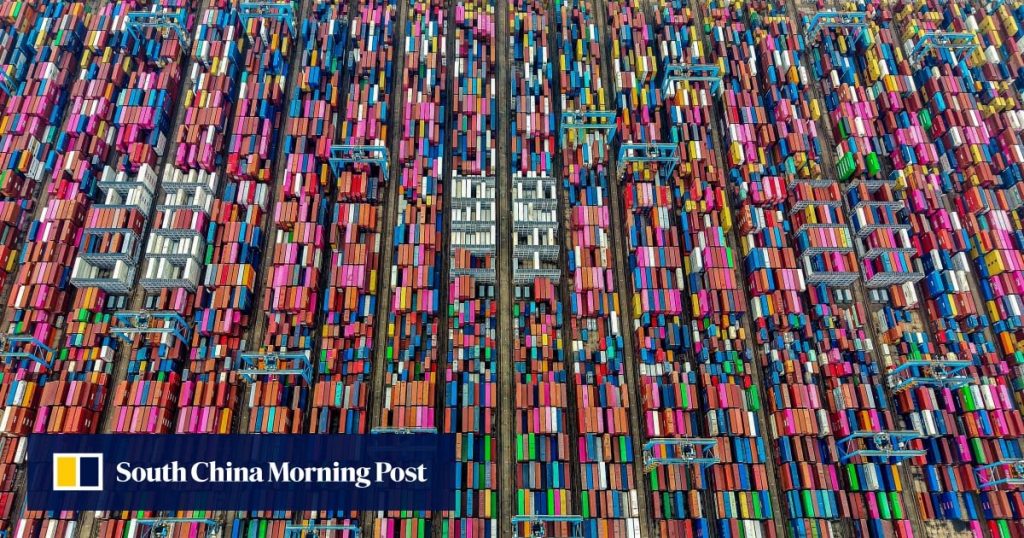Despite this, under the strain of US tariffs and Chinese export controls, the bloc is preparing to unveil a new “economic security doctrine” in early December, which will provide bureaucrats with a dashboard of all the weapons at its disposal and the levers to pull – even as progress on its 2023 strategy appears to have stalled.
“It came from lessons of the past mandate. We realised that today everything could be weaponised … look at our tools, trade defence instruments, export controls – are they fast enough? Are they robust enough?” said trade and economic security commissioner Maros Sefcovic on Thursday, describing the doctrine.
It will seek to give Brussels powers to move more quickly and asymmetrically when China, the US or any other power weaponises Europe’s vulnerabilities – a trend which is happening with alarming frequency.
“Do we have a luxury of time to assess a case for more than a year when you see that the other big powers can just change their whole policy overnight?” Sefcovic said.
But even before it has been proposed, the doctrine is being challenged by some who believe that going down the weaponised trade route could backfire.



